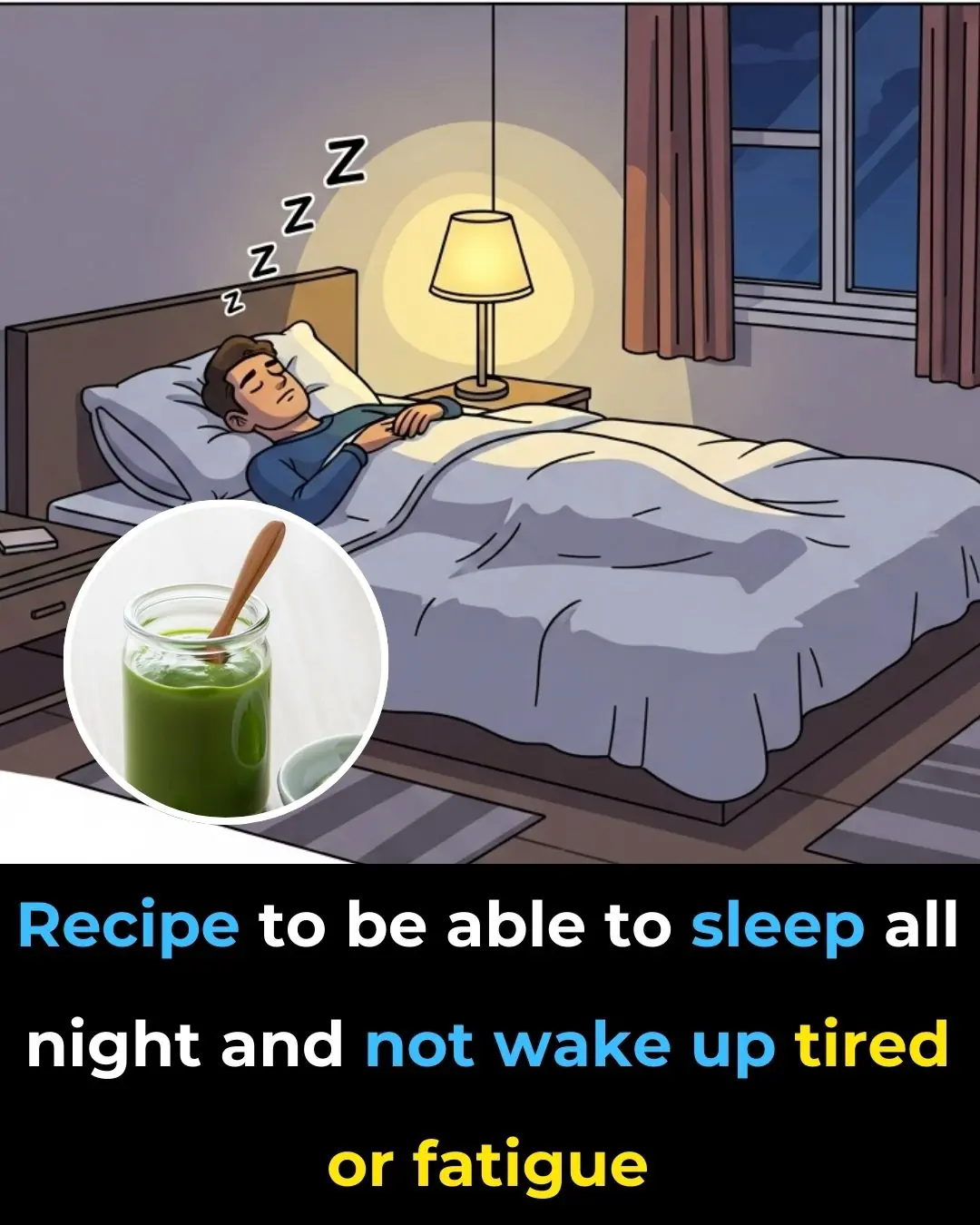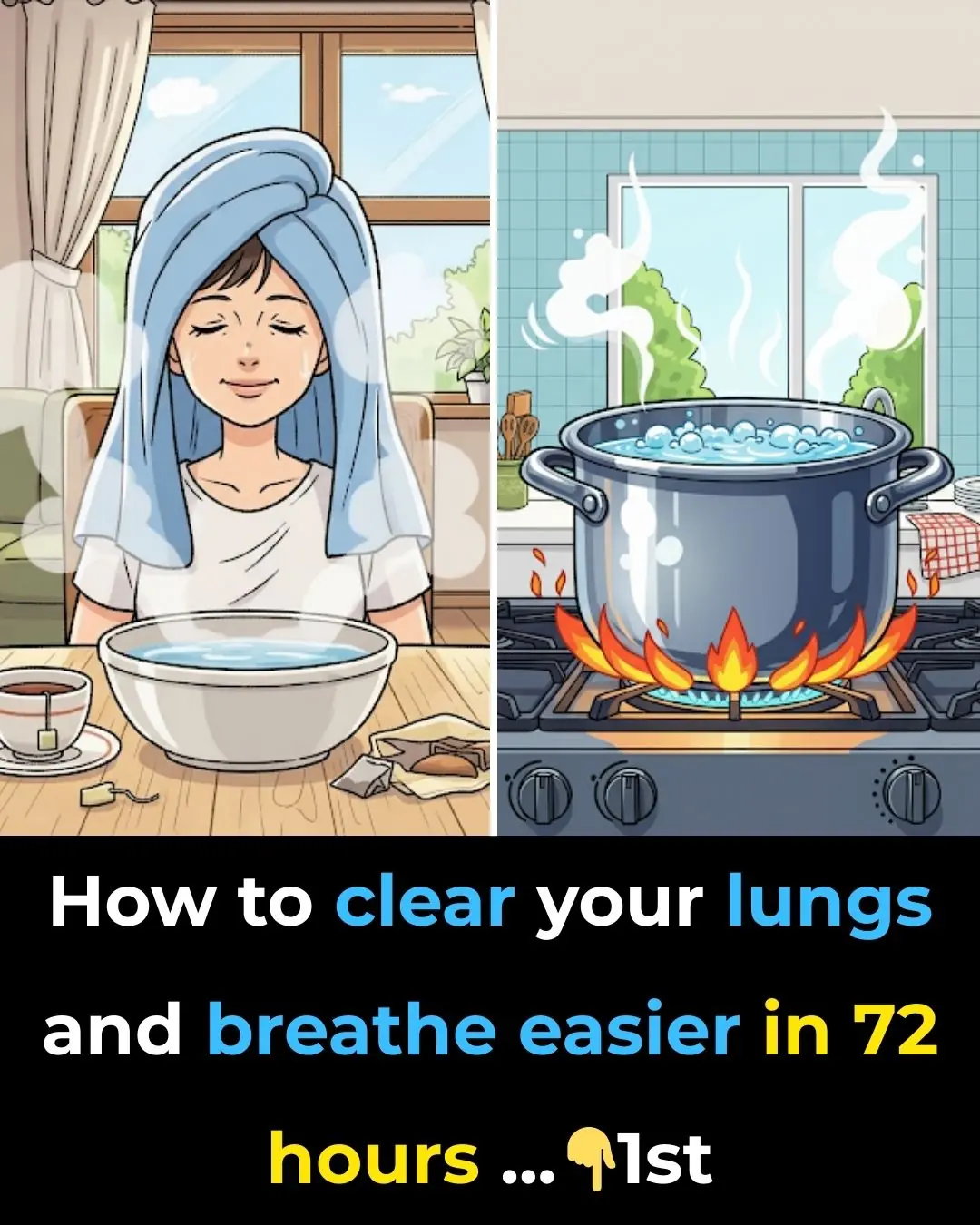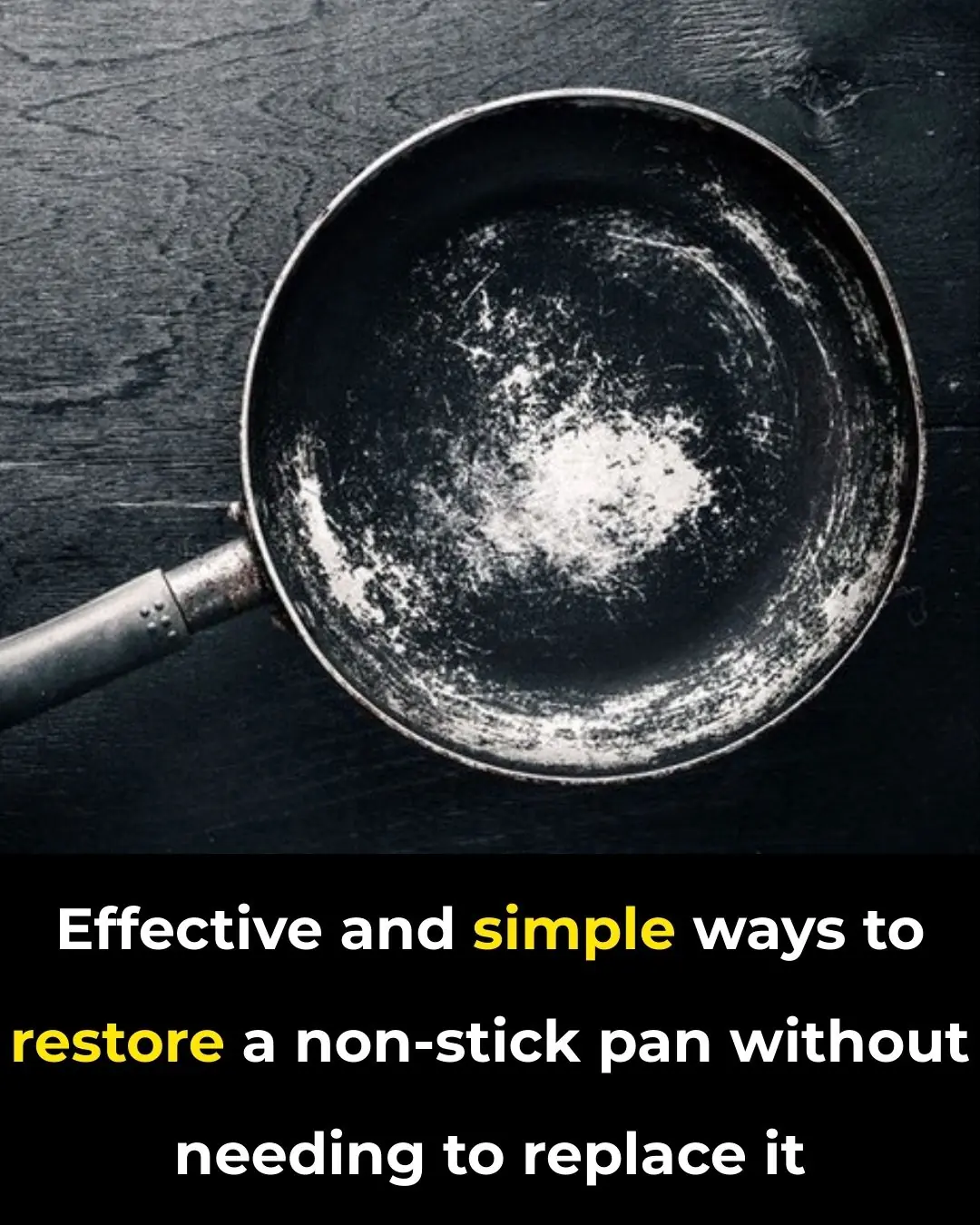
Ways Your Body Secretly Tells You You’re Stressed

In today’s fast-paced and demanding world, stress has become an almost unavoidable part of daily life. Whether it's the pressure from work responsibilities, family obligations, financial uncertainty, or the relentless stream of information from digital devices, our emotional and physical well-being is under constant strain. While some stress can be manageable or even motivating, chronic or unrelieved stress can wreak havoc on the body.
Fortunately, our bodies have built-in mechanisms to alert us when stress reaches harmful levels. These warning signs, though sometimes subtle, should not be ignored. Failing to address them in time can lead to serious and long-lasting health consequences. Listening to your body and taking action early can make a significant difference in your overall well-being.
Disclaimer: This content is intended for informational purposes only and does not replace professional medical advice. Always consult your doctor regarding any health concerns or medical conditions.
1. Hormonal Imbalance
Scientific research continues to confirm that stress can profoundly disrupt the body’s hormonal system. When under chronic stress, the body increases production of cortisol—often called the “stress hormone.” While cortisol plays a vital role in managing immediate threats, persistently elevated levels can negatively affect the balance of other important hormones like estrogen and progesterone. This imbalance may manifest in physical changes such as increased breast tenderness, decreased skin elasticity, or loss of firmness, especially in women.
Furthermore, stress can lead to insulin resistance and overproduction of insulin, sometimes resulting in a skin condition called acanthosis nigricans, characterized by dark, velvety patches in areas such as the underarms or neck. Chronic stress also compromises the skin’s protective barrier, making it more vulnerable to inflammation, breakouts, and environmental damage.
Recognizing these subtle changes in your skin and hormonal health can serve as an early indicator that your stress levels may be too high.
2. Muscle Tension and Pain
Physical tension, especially in the neck, shoulders, and back, is one of the body’s most common responses to ongoing stress. When stress triggers the fight-or-flight response, muscles contract in preparation for action. However, if stress is continuous, those muscles may stay tightened for extended periods, leading to soreness, stiffness, and even tension-related pain or headaches.
Simple self-care practices can provide relief. Applying a warm compress or using a heating pad can soothe tight muscles, while gentle stretches and body movement—such as yoga or walking—can encourage relaxation and improve circulation. Regular physical activity not only relieves muscle tension but also boosts endorphin levels, which help combat stress naturally.
3. Digestive Issues
The gut-brain connection is a well-documented phenomenon. When stress levels rise, your central nervous system sends signals that can disrupt the digestive process. You may notice symptoms like bloating, gas, constipation, diarrhea, or changes in appetite. Stress can also cause the gut to produce more acid, increasing the risk of acid reflux, heartburn, or irritable bowel syndrome (IBS).
In some cases, stress can also alter the gut microbiome—the delicate ecosystem of bacteria living in your digestive tract—affecting nutrient absorption, immune function, and even mood. Maintaining a gut-friendly diet rich in fiber, fermented foods, and probiotics, along with proper hydration, can help support digestive health under stress.
4. Gum Disease and Oral Health
Stress doesn't just affect internal systems; it also impacts oral health. High levels of stress can suppress the immune system, reducing your body’s ability to fight off infection, including bacteria in the mouth. This makes you more susceptible to gum inflammation (gingivitis), which, if left untreated, can progress into more severe conditions like periodontitis—a leading cause of tooth loss.
Some people may also clench their jaw or grind their teeth (bruxism) during stressful periods, especially at night, further exacerbating dental issues and causing pain in the jaw or facial muscles.
To protect your oral health, stick to a consistent dental hygiene routine: brush twice a day, floss regularly, and visit the dentist at least twice a year. Managing your stress can also play a critical role in maintaining a healthy mouth.
5. Sleep Disturbances
Difficulty falling asleep, staying asleep, or waking up feeling unrefreshed is a common complaint among those dealing with high stress. Anxiety and racing thoughts can keep your mind alert long after your body is ready to rest. Unfortunately, lack of quality sleep further aggravates stress levels, creating a frustrating cycle of fatigue and irritability.
Prolonged sleep deprivation is linked to serious health risks, including heart disease, obesity, diabetes, impaired cognitive function, and even a weakened immune response.
To promote better sleep, develop a calming bedtime routine. This might include limiting screen time before bed, reducing caffeine and alcohol intake, practicing deep breathing exercises, or using techniques like meditation, journaling, or listening to calming music. Keeping a consistent sleep schedule—even on weekends—can also help reset your circadian rhythm.
6. Headaches
Headaches, especially tension-type headaches, are one of the most common and immediate physical symptoms of stress. These headaches often feel like a tight band or pressure around the forehead, temples, or back of the head. They can be triggered by muscle tightness, poor posture, dehydration, or even eye strain from prolonged screen use.
Relaxation practices, staying hydrated, and managing your workload effectively can help reduce both the frequency and intensity of these headaches. If they become frequent or severely impact your daily life, seek advice from a healthcare provider to rule out underlying conditions.
7. Hair Loss
Excessive stress can trigger a type of hair loss called telogen effluvium, where more hair follicles than usual enter the resting phase of the growth cycle, leading to increased shedding and thinning. This condition often appears several weeks to months after a significant stressful event.
Additionally, hormonal imbalances related to stress can increase levels of androgens (male hormones), which may further contribute to hair thinning, especially in women. Hair may feel weaker, brittle, or fall out in larger clumps during brushing or washing.
Fortunately, in many cases, stress-related hair loss is temporary. Reducing stress, improving nutrition, and using gentle hair care products can support hair recovery. In more persistent cases, consult a dermatologist or trichologist for specialized treatments.
Final Thoughts: Listen to What Your Body Is Telling You
Occasional stress is a normal part of life, but when it becomes chronic, the effects on the body and mind can be profound. By recognizing and responding to the physical symptoms of stress—whether they appear on your skin, in your digestive system, or in your sleep patterns—you can take early steps to protect your health.
Implementing stress-reducing habits such as regular exercise, healthy eating, quality sleep, and mindfulness practices can help build resilience over time. But if you find that your symptoms persist or worsen, don’t hesitate to seek professional help. Your body is always communicating with you—make sure you're listening.
News in the same category


Sleeping Enough But Still Tired

How to effectively cleanse your lungs in just 72 hours

Scientists find a berry that can combat cancer, diabetes, and obesity

Simulation Reveals the Science Behind Nightmares of Losing Teeth

Insane simulation shows crazy impact of eating popular superfood everyday has on your body

Discovery Warrants Critical Rethink of Phantom Limb Pain Treatment

Can UV Light Reduce Infections in Long-Term Facilities?

10 Ordinary Fruits With Amazing Health Benefits

9 Medications That Can Negatively Interact With Green Tea

More people are dying from heart failure, doctors warn: give up these 4 habits now

How to Get Rid of Lizards: Effective Natural Ways that Really Work

How to Keep Snakes Away: Effective Snake Repellents

Eat Sweet Potatoes Daily and See These 7 Sh0cking Changes On Your Body
Sweet potatoes contain resistant starch, a special carbohydrate that bypasses digestion in the small intestine. Instead, it ferments in the large intestine, promoting the release of hormones that signal satiety to the brain. T

Surprising Health Benefits of Chicken Feet That Will Change the Way You Eat
Chicken feet may not look glamorous, but their nutritional profile proves they deserve a place at your table.

10 Early Signs of Pancreatic Cancer

5-Year-Old Loses Battle With Cancer — Doctors Reveal 5 Foods Parents Must Never Give Their Children

Surgeons Have Achieved The First-Ever Robotic Heart Transplant Without Any Chest Cuts
News Post

Remedy For Falling Asleep Quickly

Ring Finger Longer Than An Index Finger

Sleeping Enough But Still Tired

How to effectively cleanse your lungs in just 72 hours

Scientists find a berry that can combat cancer, diabetes, and obesity

She Spent $70,000 on Cosmetic Procedures — Now She’s Owning Her Beauty Despite the Backlash

Simulation Reveals the Science Behind Nightmares of Losing Teeth

Woman employed by popular mobile network sues company after being 'forced' to do nothing for 20 years

Insane simulation shows crazy impact of eating popular superfood everyday has on your body

Discovery Warrants Critical Rethink of Phantom Limb Pain Treatment

Can UV Light Reduce Infections in Long-Term Facilities?

Secret tip: How to clean glossy tiles at home without spending a penny

If your air fryer is rusty: Just do this and the rust will be easily cleaned

The surprising benefits of coffee grounds, if you have them at home, never throw them away

Eating sweet potatoes in the morning: A small habit, but you'll be amazed by the huge benefits it brings.

Effective and simple ways to restore a non-stick pan without needing to replace it

When the water pipe is completely clogged, just pour this down and it will be solved easily, no need to waste money calling a plumber.

Do you need to unplug the rice cooker after the rice is cooked? The answer is surprising.
